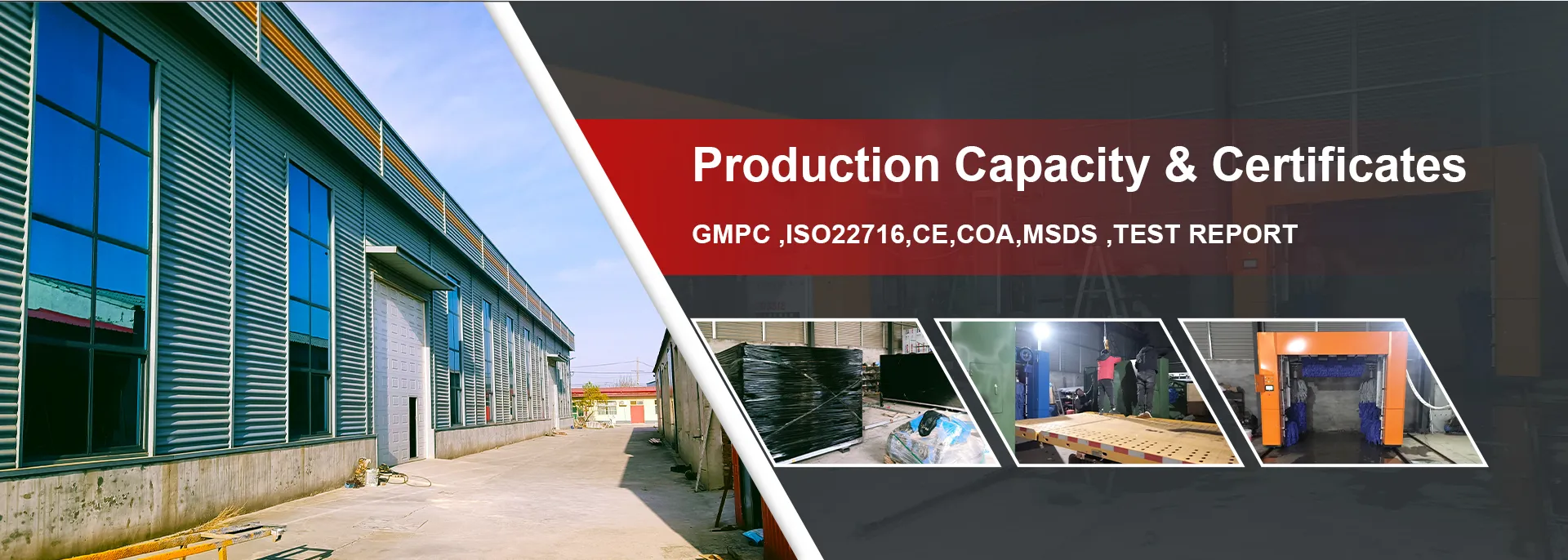
- Afrikaans
- Albanian
- Amharic
- Arabic
- Armenian
- Azerbaijani
- Basque
- Belarusian
- Bengali
- Bosnian
- Bulgarian
- Catalan
- Cebuano
- Corsican
- Croatian
- Czech
- Danish
- Dutch
- English
- Esperanto
- Estonian
- Finnish
- French
- Frisian
- Galician
- Georgian
- German
- Greek
- Gujarati
- Haitian Creole
- hausa
- hawaiian
- Hebrew
- Hindi
- Miao
- Hungarian
- Icelandic
- igbo
- Indonesian
- irish
- Italian
- Japanese
- Javanese
- Kannada
- kazakh
- Khmer
- Rwandese
- Korean
- Kurdish
- Kyrgyz
- Lao
- Latin
- Latvian
- Lithuanian
- Luxembourgish
- Macedonian
- Malgashi
- Malay
- Malayalam
- Maltese
- Maori
- Marathi
- Mongolian
- Myanmar
- Nepali
- Norwegian
- Norwegian
- Occitan
- Pashto
- Persian
- Polish
- Portuguese
- Punjabi
- Romanian
- Russian
- Samoan
- Scottish Gaelic
- Serbian
- Sesotho
- Shona
- Sindhi
- Sinhala
- Slovak
- Slovenian
- Somali
- Spanish
- Sundanese
- Swahili
- Swedish
- Tagalog
- Tajik
- Tamil
- Tatar
- Telugu
- Thai
- Turkish
- Turkmen
- Ukrainian
- Urdu
- Uighur
- Uzbek
- Vietnamese
- Welsh
- Bantu
- Yiddish
- Yoruba
Essential Tips for Choosing the Right Car Wash Equipment for Your Business
The Importance of Wash Equipment in Various Industries
In today's fast-paced world, cleanliness and hygiene have taken on new levels of importance. From the food industry to healthcare, maintaining sanitized environments is crucial for safety and compliance. This is where wash equipment plays a vital role, serving as an essential component in the cleaning and sanitizing processes across various sectors.
Types of Wash Equipment
Wash equipment varies significantly depending on the industry and specific needs. In the food industry, for instance, conveyor washers are commonly used to clean fruits, vegetables, and other food products efficiently. These machines can remove dirt, residues, and contaminants while maintaining the integrity of the items being washed. Pressure washers also play a crucial role in cleaning industrial kitchens and food processing facilities, ensuring that surfaces and equipment are free from potentially harmful bacteria.
In healthcare settings, specialized wash equipment, such as ultrasonic cleaners, is employed to ensure that surgical instruments and medical tools are meticulously cleaned. These devices use high-frequency sound waves to create cavitation bubbles in a liquid solution, effectively removing dirt and organic matter from complex geometries. This level of cleanliness is essential for patient safety and preventing infections.
The Role of Wash Equipment in Sustainability
As industries become more environmentally conscious, wash equipment has evolved to support sustainability efforts. Many modern washers are designed to minimize water and energy consumption. For example, some industrial dishwashers recycle water and utilize energy-efficient heating systems to reduce their environmental footprint. These innovations not only help companies save on utility costs but also demonstrate a commitment to sustainable practices.
wash equipment

Furthermore, the use of biodegradable detergents in wash equipment supports eco-friendliness while ensuring effective cleaning. This shift towards greener cleaning solutions is being embraced across various sectors, reflecting a growing awareness of the need to protect our planet.
Advancements in Technology
The advancements in wash equipment technology have led to improved efficiency and effectiveness in cleaning processes. Automated wash systems, for instance, can significantly reduce labor costs while enhancing precision. These systems can be programmed to initiate cleaning cycles at scheduled times, ensuring that equipment is sanitized without human intervention.
Additionally, the integration of IoT (Internet of Things) technology into wash equipment allows for real-time monitoring and maintenance. Facility managers can receive alerts when a machine requires service or when supplies are running low, leading to reduced downtime and sustained operational efficiency.
Conclusion
In summary, wash equipment is an indispensable aspect of various industries, contributing to hygiene, safety, and sustainability. As technology continues to advance, we can expect even greater efficiency and effectiveness from wash systems. Investing in modern washing solutions not only aids in compliance with health and safety regulations but also promotes a cleaner, more sustainable future. By prioritizing quality wash equipment, businesses can protect their customers, employees, and the environment, ensuring a responsible approach to their operations.
-
Integrating Aqua Tunnel Car Wash in Shopping CentersNewsJun.24,2025
-
Gas Station with an Auto Car Wash MachineNewsJun.24,2025
-
Efficiency in Your Aqua Tunnel Car Wash: Power & Water-SavingNewsJun.24,2025
-
Car Wash Business with Advanced Auto Car Cleaning MachinesNewsJun.24,2025
-
Balancing Setup Costs with Aqua Tunnel Car WashNewsJun.24,2025
-
Aqua Tunnel Car Wash: Eco-Design for the Energy-Savvy EntrepreneurNewsJun.24,2025



